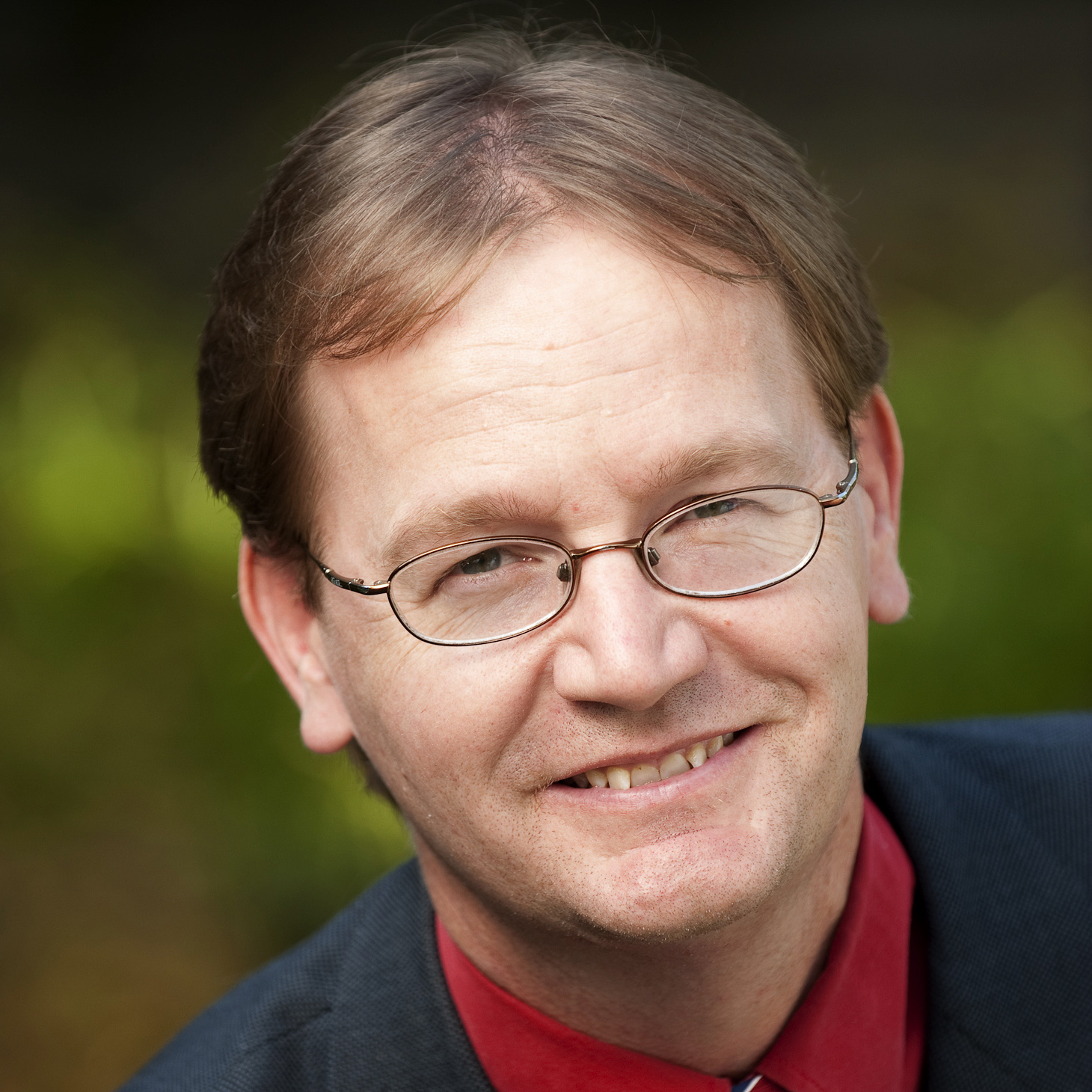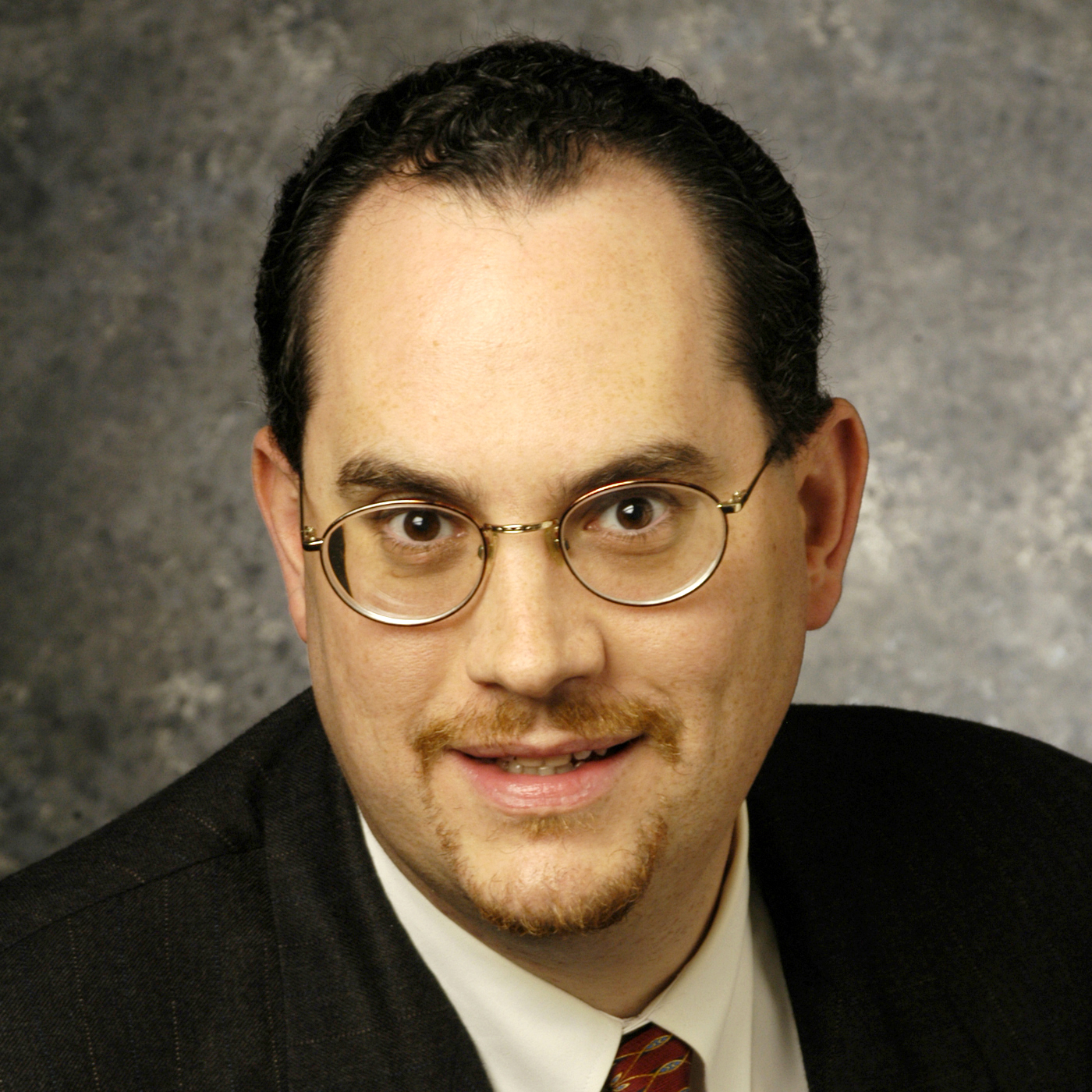Cruz, Kasich take extraordinary gamble to block Trump
SMU experts are available for interview on all things connected to Tuesday’s northeast primaries in Connecticut, Delaware, Maryland, Pennsylvania and Rhode Island.
DALLAS (SMU) – SMU experts are available for interview on all things connected to Tuesday’s northeast primaries in Connecticut, Delaware, Maryland, Pennsylvania and Rhode Island.
| CRUZ-KASICH ALLIANCE COULD BACKFIRE BADLY, EXPECT SANDERS TO STICK AROUND | |
|
Donald Trump’s path to the Republican nomination is often described as a tightrope walk, but his adversaries in the anyone-but-Trump movement face an equally daunting balancing act in their efforts to stop him. Martin says Sunday’s announcements by John Kasich and Ted Cruz to effectively cede Indiana to Cruz and New Mexico and Oregon to Kasich is just as likely to send them tumbling off their tightropes as it is to get them safely to a contested convention. “I’m astonished,” Martin says. “What this means is you have two candidates utterly admitting they have no chance to win the nomination through the will of the voters, so their only way to get the nomination is through backroom dealing. This is amazing.” It also feeds right into Trump’s claims the Republican Party is colluding against him. “The stop-Trump movement needs to have a coordinated effort – that’s what made it successful in Wisconsin – so this may work in Indiana, New Mexico and Oregon, but I think it will really feed Trump’s narrative that the process is unfair and give him more ammunition,” Martin says. “You just had RNC Chair Reince Priebus last week give a big speech telling the party to get behind whoever the nominee is, and not even a week later two Republican candidates are colluding to do just the opposite. It shows the party may be more fractured than we even knew, and we already knew it was very fractured.” “The danger for every Republican in the race, except maybe Donald Trump, is looking like you’re trying to make the system undemocratic,” Martin says. Martin also weighed in on the Democratic race, where she expects Sanders to linger no matter how many wins Hillary Clinton racks up because, to put it bluntly, Clinton is no Barack Obama. “A lot of Clinton supporters said they would never support Obama in 2008, but they voted for him in the end,” Martin says. “Now, a lot of Bernie Sanders supporters say they’ll never vote for Clinton, and the question in my mind is how will the mending fences work? Clinton is a deeply flawed candidate and the likeability is a factor if you’re a Democrat. Mathematically being the presumptive nominee at this point does not make her well-liked or popular, and that means Sanders will continue to remain relevant.” Martin is an SMU assistant professor of Communication Studies in the Meadows School of the Arts. She can discuss:
|
|
| CRUZ SEES OPPORTUNITY AS TRUMP SHIFTS LEFT |
|
|
Hot off a big win in the New York Primary, and with polling indicating likely continued success in the northeast, Voth believes a series of recent Trump moves have signaled the real estate mogul views the race as all but wrapped up, and opened a window of opportunity for Cruz. “Since the New York victory, Trump has come out in favor of changing the abortion language in the Republican National Committee platform, increasing taxes on the ‘rich’ and allowing men to enter women’s restrooms if they choose to identify as a woman,” Voth says. “These are strong moves from the right to the left and fit a larger narrative of Trump fabricating a conservative persona early in the primary process in order to win southeastern states. How fast and how far Trump moves to the left is an issue that will motivate the conservative base of the Republican Party toward Cruz and jeopardize Trump’s path to 1237.” Voth predicts the battle about whether Trump is a true conservative will soon dwarf the debate about whether the Republican delegate process is fair. “Trump’s team seems to believe they have the nomination locked up and can now move safely away from the right to make themselves a more viable threat to Hillary Clinton,” Voth says. “This will likely hurt Trump in places such as Indiana and California, but the loose aspects of delegate obligations make predicting any of this rather difficult.” Voth is SMU’s director of debate and an associate professor of corporate communications and public affairs. He can discuss:
|
|
| CRUZ MUST WEATHER LIKELY LOSSES FOR SHOT AT PIVOTAL INDIANA |
|
|
The residents of Indiana aren’t casting their ballots until next week, but Wilson says the state will be on Cruz’s mind as results come in from Tuesday’s slate of northeastern states. “What Cruz is afraid of is a Trump sweep pushing Indiana into Trump’s corner,” Wilson says. “If Indiana had voted last week, Cruz would have been a clear favorite, but two weeks of positive Trump news coming out of New England could affect the Indiana outcome and that’s a real danger to Cruz. Timing favors Trump right now.” Wilson says Trump was going to win the lion’s share of New York’s delegates no matter what, thanks to his strong support in the Empire State. The rest of the northeast isn’t as strongly in Trump’s corner, but the lack of a concerted anti-Trump effort – like the one that helped Cruz win Wisconsin– could damage Cruz and Kasich’s hopes of denying Trump pivotal delegates. “In states like Pennsylvania, it looks like there’s a substantial anti-Trump vote that’s split between Cruz and Kasich and each thinks the other should clear out and throw their support behind them,” Wilson says. “So it’s in these states – particularly Maryland and Pennsylvania – that the division in the non-Trump forces will really hurt them.” On the Democratic side of the race, pundits believe Sanders has the money to keep his campaign going until the convention, if he desires. The question is whether his supporters will remain on board if Clinton keeps winning, and Wilson thinks a shift of party loyalists toward Clinton is already underway. “I think already some of his voters are going to start to leave him and just not be mobilized to turn out,” Wilson says. “New York was Sanders’ last best chance to be threat for the nomination and he fell short. The question is how much energy and resources will his supporters invest in a statement candidate, and I think the answer is, ‘Less than we’ve seen so far.’” Wilson is an SMU associate professor of political science. He can discuss:
|
|
###
SMU is a nationally ranked private university in Dallas founded 100 years ago. Today, SMU enrolls approximately 11,000 students who benefit from the academic opportunities and international reach of seven degree-granting schools.
21730-nr-4/25/16-kr


